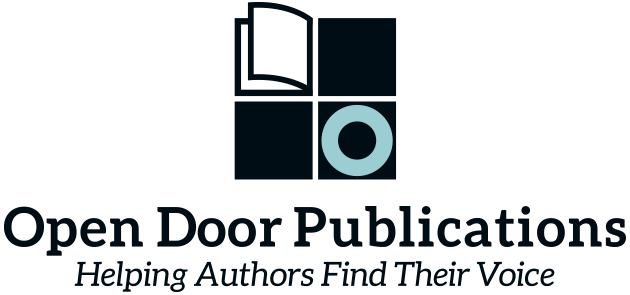Last week, I was working on back cover copy, a “tagline,” and other marketing materials for a book I’m writing. I asked several people that I know their opinions on my work. As you can imagine, they each had different opinions. I ended up with several versions, and no one agreed which was best. They all wanted me to “tweak” it in some way. Desperate, I typed the copy into ChatGPT, and the AI software came up with a fourth variation.
Finally, one wise author friend said to me, “You know, this is very good as it is; yes, we could go over it word for word critiquing it, but would those changes make the difference in the number of books you sell? No.”
What a relief! My marketing copy, my back cover, my tagline, the book itself, were all “good enough.”
Yes, I strive to always do my best work. Yes, I want others to like my work. Yes, I want it to be error-free. Yes, I endeavor for perfection. But there comes a point where every author must say “good enough.”
I realized I had broken one of my first rules for authors. Choose a small creative team and don’t ask anyone else’s opinion. Instead of sticking to three to five trusted people, I’d asked at least ten. And, I learned long ago that asking ten people doesn’t mean getting ten different answers—it usually means 20 different answers.
What’s my advice for you as an author? Learn from my mistake. Do as I say, not what I did. Don’t get stuck in analysis paralysis. Write your best work, edit it, look it over again, then show it to three people for opinions. Make sure they are people who will give you honest answers and also know something about publishing and marketing books.
Then, go ahead and publish knowing that you’ve done your best.

